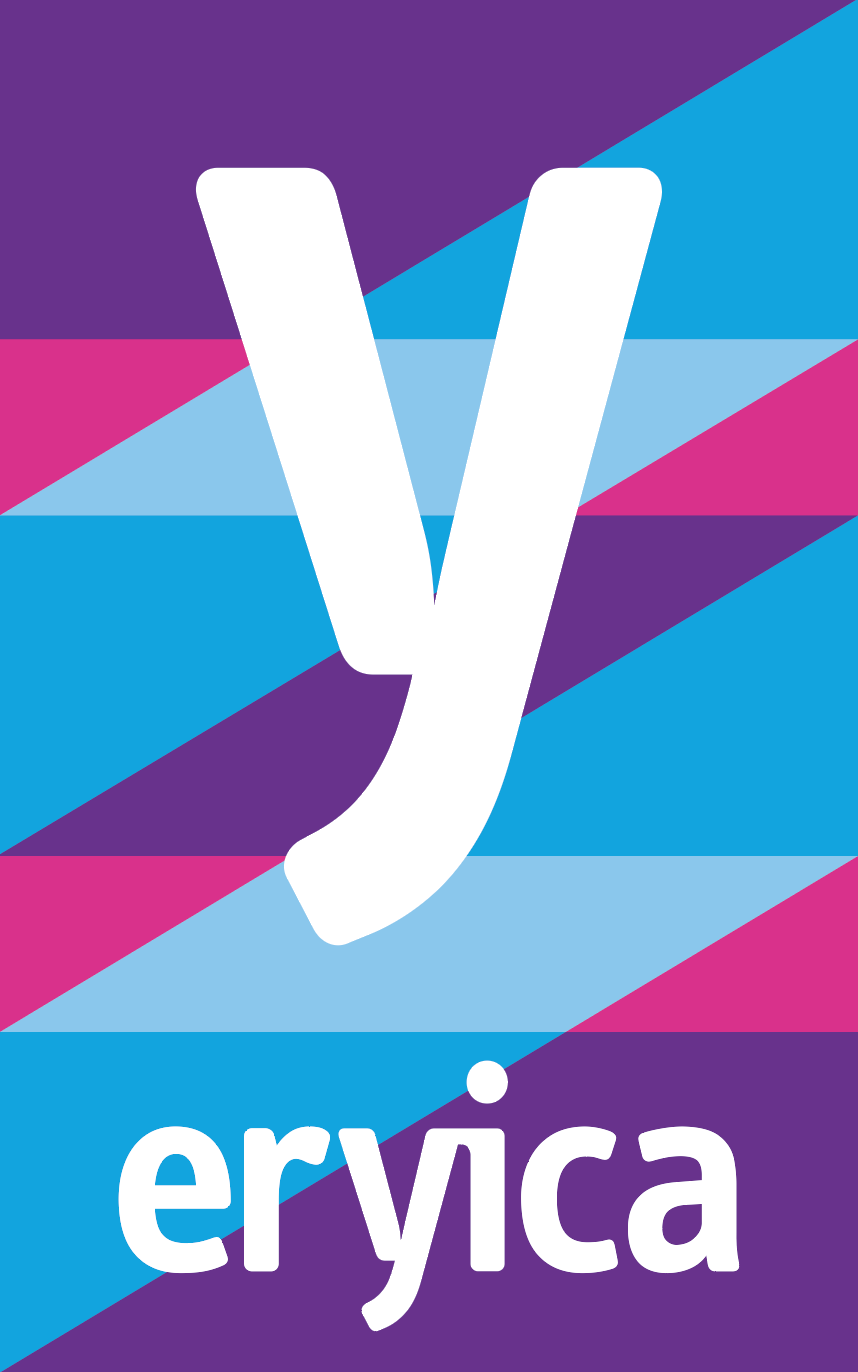Empower yourself
2020
Empower yourself
After several years of working on the prevention of violence and absenteeism through emotions with the most vulnerable students of secondary schools in San Fernando, the results are auspicious. Collaborating with various institutions and using artistic expression as a tool to express and channel their emotions, in the school year 2018-2019 we found a unique opportunity to work with these teenagers using a more reflective and emotions-based approach – something that rarely materialises in this context.
In the 2017-2018 school year, final evaluations were moved from September to June. Since then, this has meant that there was a group of secondary school students who, having passed all the subjects in the June exams, were forced to continue attending classes. The secondary schools found it hard to provide students with further activities for an extended period.
The second year that the secondary schools found themselves in this situation and after the experience from the previous year, they requested our collaboration. It was evident for both the secondary schools as well as the staff of the Youth Information Service that, apart from offering recreational activities, we had to spend a part of this time working on emotions. There is usually no work on emotional topics with this group of students; the ones who obtain good marks and cause no problems in class, even though there is a greater incidence of stress, eating disorders, and bullying and cyberbullying cases among them.
Experience has taught us that working on emotions using artistic expression could be an attractive alternative, and it would reach teenagers.
We contacted an art therapy organisation, and we decided that using art therapy and the creation of a video, could generate an experience audiovisually documented.
GENERAL OBJECTIVE
1. Improving emotional expression in participants.
SPECIFIC OBJECTIVES
1. Improving knowledge of different emotions
2. Learning to express emotions
3. Learning to understand how others express feelings.
METHODOLOGY
Dates: 10-21 June, 2019
There are two parts in the structure of each workshop, one experiential and a creative one.
In the experiential part, the teenagers are taken through a so-called sensorial journey to their emotions. It is a 20-minute blindfolded journey through the different moods in a sensorial experience and the stimuli induced through smell, sound, touch… and only, in the end, sight.
After this journey, there will be a small stage to integrate the activity, exchange views, and reflect upon the experience… The groups will also be formed according to the emotion each person wants to work on.
On the creative side, each group will record a part of the video. This activity will be divided as follows:
Two sessions: creating the scene (The students are divided into smaller groups and each of them will make the environment, the physical stage, for each emotion. If the feeling was a place, how would it be?)
Two sessions: creating the sound (Each sub-group creates the sound ambience for each emotion)
Two sessions: designing the performance (Each sub-group will convey the idea of an emotional space with ambience sound using theatre and the scenes will be recorded)
One session: Exploring the concept of emotions with a documentary interview (What are emotions? How can we recognise them?) Using sensorial exploration as a starting point, we will generate discussion and awaken curiosity in the documentary interview.
One session: Poetic creation using visual metaphors and poetic narrative. We will generate resources for the documentary video.
With all this recorded material about emotions (scenes to convey emotions, interviews, poetry and visual poems, experiential sessions from workshops) a final video will be created.
ACHIEVEMENTS
The first impression we had from this experience is that this group of students found it harder to express their emotions than other groups we consider more vulnerable, i.e. those with lower marks, more expressions of violence, or higher absenteeism rates.
The experience was too short to deepen into the work of more than one emotion.
The situation caused by the COVID-19 pandemic during the school year 2019-2020 did not allow us to continue the project. Still, we consider this experience to be a fascinating one and, even if some things need to be changed, such as the time spent by each participant to work with emotions, as a pilot experience, it was very useful.
SUMMARY EXPERIENCE
https://www.youtube.com/watch?v=-JNZz34vbKk&feature=youtu.be


